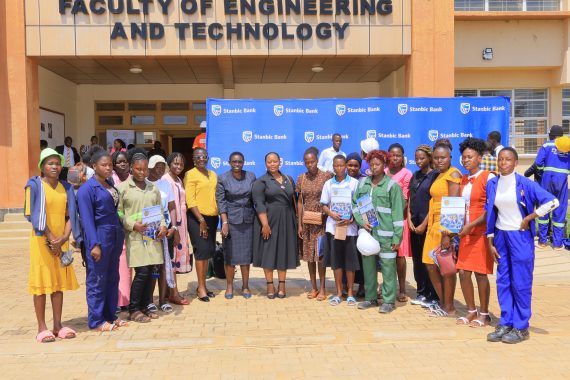Various studies are done prior to cataract surgery to measure the suitability of an patient designed for the procedure. Many of these include specular photo taking microscopy, comparison sensitivity examining, and bright glare testing.
Pre-operative diagnostics are becoming increasingly important for patients. The results of such assessments can help ensure that a person receives ideal care during and after the surgery. However, there is limited evidence to back up the use of a large number of tests. Furthermore, some of these medical tests may be unacceptable for predicting the benefits of cataract surgery. Despite these limitations, it is essential to determine and minimize the risk of post-operative problems.
The European COVID-19 Cataract Group has compiled recommendations out of scientific ophthalmic societies and healthcare organizations. Its key purpose is always to summarize essential issues and still provide useful ideas for reorganizing cataract pathways. The group contains completed a comprehensive review of the click to investigate medical literature, which include randomized clinical trials.
Researchers evaluated the quality of the research designs and methods. They also searched benchmark prospect lists and the Research Citation Index to put together a list of research. Two review authors independently examined the abstracts for add-on and removed data.
A panel of experts analyzed the reading and found insufficient evidence to back up the use of most pre-operative checks. They figured contrast tenderness and specular photographic microscopy are not particularly useful for forecasting the benefits of cataract surgery. However , some pre-operative testing can foresee the potential for post-operative complications, including vision reduction.















